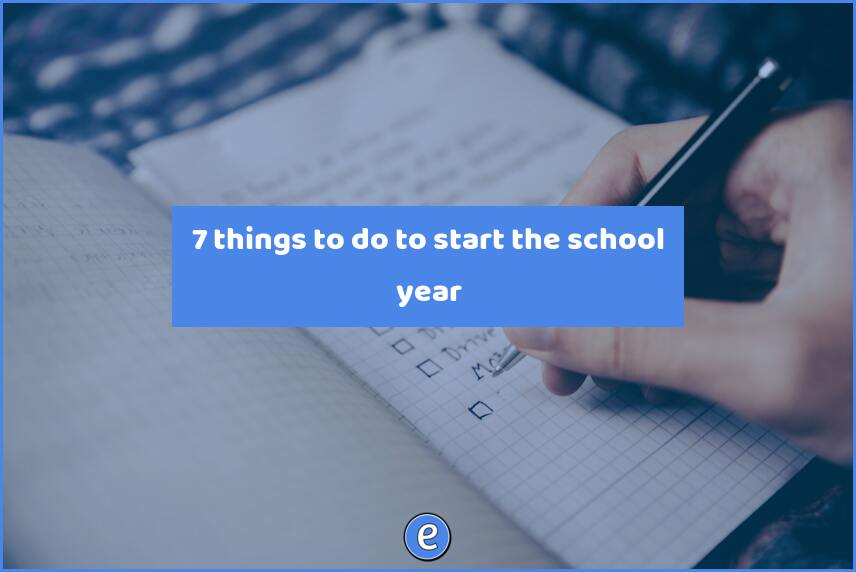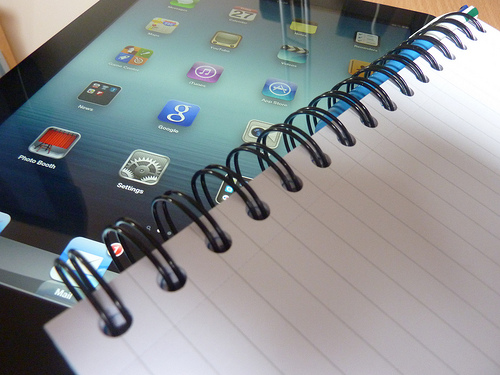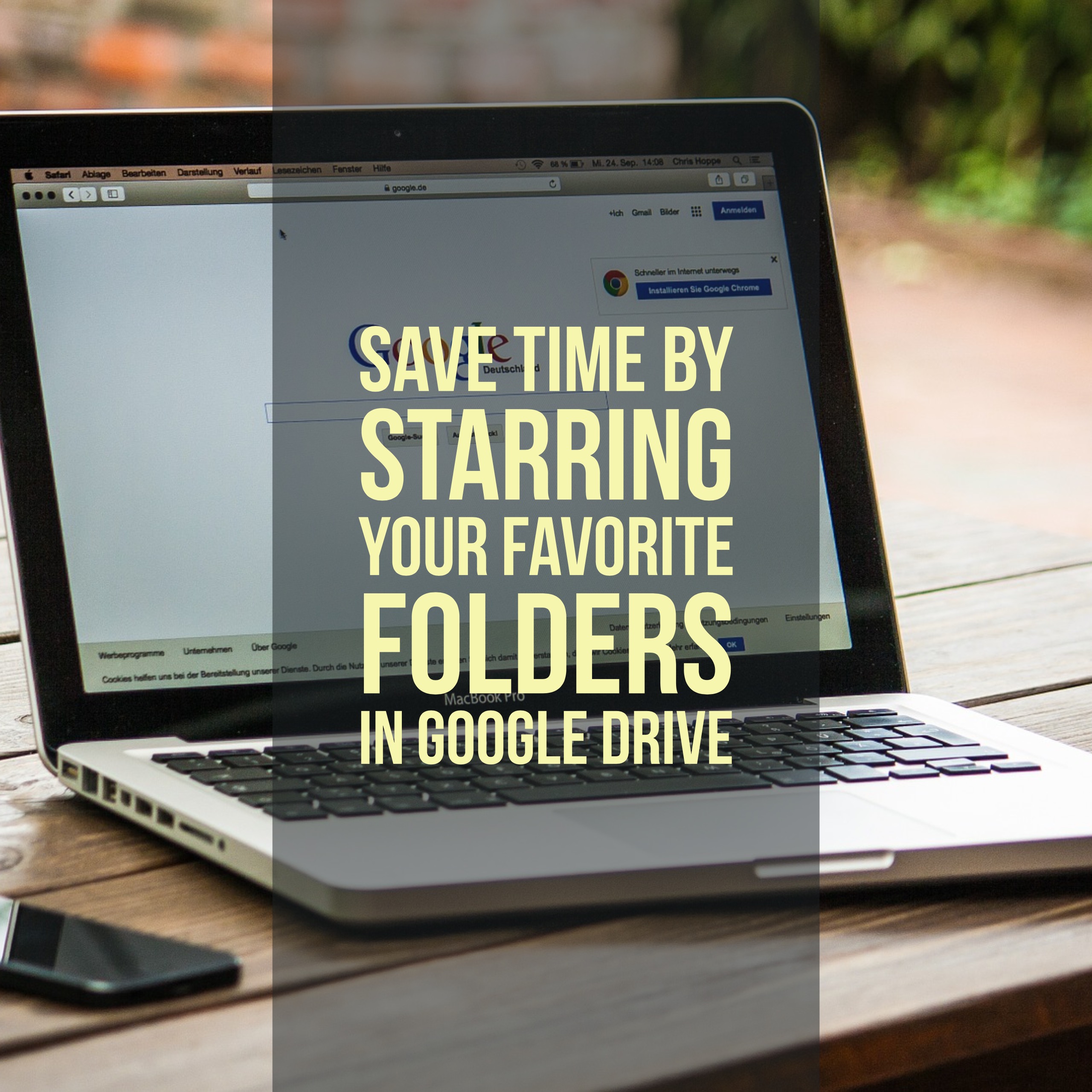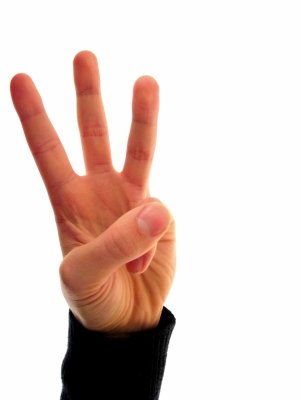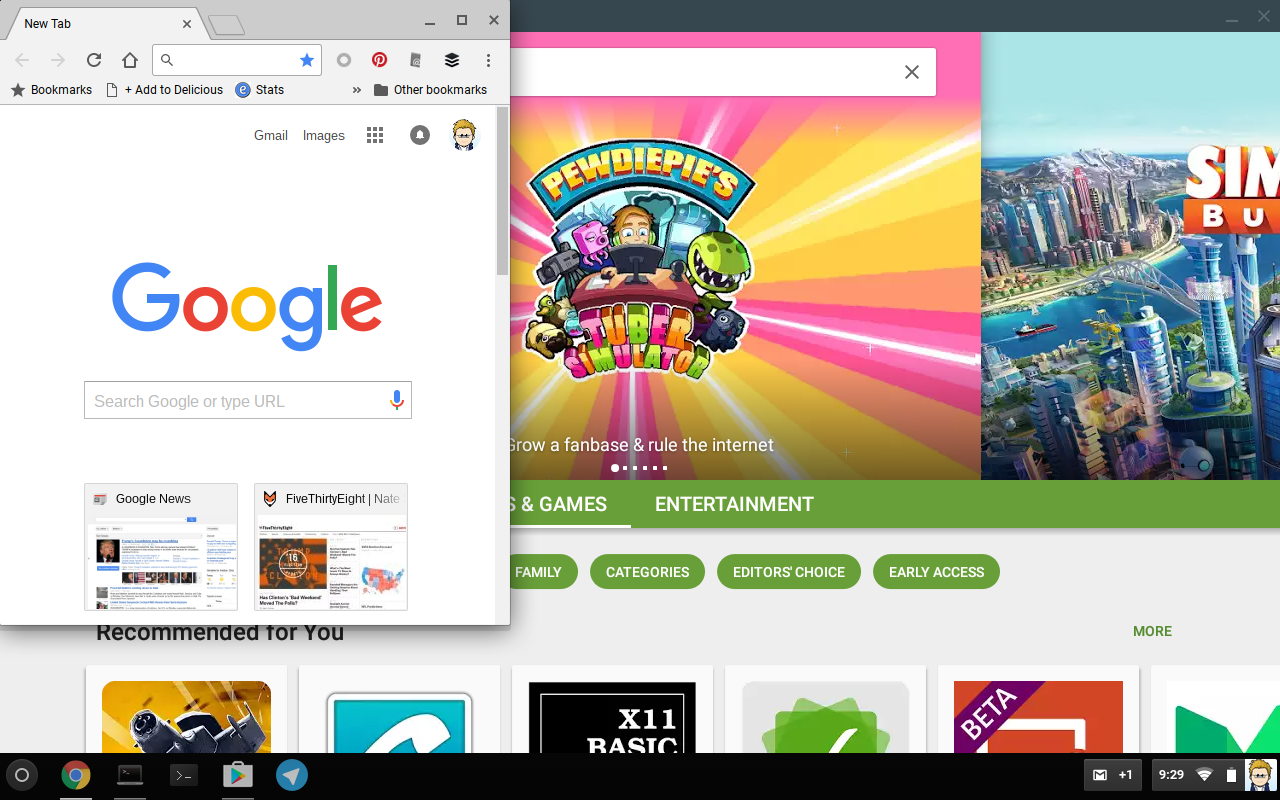7 things to do to start the school year
Here are 7 things that I do to start every school year. I also created the following video to help explain the items on this list.
- Create a folder for the current school year (21-22)
I always create a folder for the current school year, and start it empty. When I re-use stuff from the previous year (or years) I make a copy of it and place it in the current year folder. This allows me to modify it for the current year, yet always let me see how I used it in previous years. - Create a spreadsheet for student information
A spreadsheet shared with the class is a great way to privately collect and share emails, website accounts, and other pieces of information unique to each student. By selectively protecting ranges, you can collect information throughout the school year. You could use a Google Form, but since you may not know all of the information you are going to collect at the start of the year, sharing a spreadsheet may be more efficient.
Once the sheet is created, it can be used to create new sheets that already have the class list in them.
- Setup a Google Voice number
A Google Voice number gives you a mobile phone number separate from your personal number. This is a number you can give out to parents as a way to contact you, either over voice or by texting. Parents are more likely to read and respond to text messages than most forms of communication. You will more than likely need to create the account with a personal Google Account. Unless your district is paying for it, you will not be able to create a Google Voice account with your school Google account. - Set up your classroom internet home
Where is the main digital location of your class? Is it a blog? Your learning management system? Once you decide, communicate that information to your class, so they always know where the information about the class will be posted for the upcoming school year. - Select a method of group communications
Having some sort of electronic announcement procedure in place will cut down on miscommunications throughout the year. There are a few ways to do this, such as Remind, a Twitter account, or even a Google Group. - Create a daily check off list, steps that need to be done every day
I’ve found that a check list helps with a lot of things, and your daily routine is one of them. By listing the items you do every day, you can efficiently complete those tasks and reduce the cognitive load of remembering everything you need to do in a day.
Mine includes really mundane tasks such as checking my email, going through my todo list, and checking the calendar for any events that day or coming up.
Also, include a checklist for students. What are they expected to do throughout the day? The less ambiguity on what’s next the better.
- Plan something fun for yourself to do before school starts!
Do something totally fun for yourself before school starts. One thing I do every year is watch Back to School with Rodney Dangerfield. In it you can see a young Robert Downey Jr. sticking it to society. Or Kurt Vonnegut in one of his finest roles. Be sure to also check out Oingo Boingo playing the college party!
Let me know down in the comments what you do to get ready!
